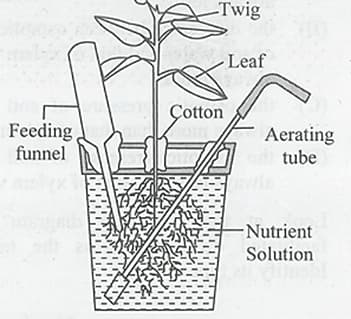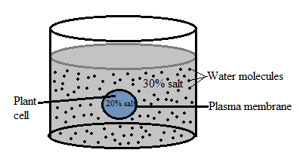Sonali Phanase, Dr. M. Gangakhedkar, Tejal Shinde, Rahul Jawale and, Rachel Fernandes Solutions for Chapter: Plant Water Relations and Mineral Nutrition, Exercise 3: Evaluation Test
Sonali Phanase Biology Solutions for Exercise - Sonali Phanase, Dr. M. Gangakhedkar, Tejal Shinde, Rahul Jawale and, Rachel Fernandes Solutions for Chapter: Plant Water Relations and Mineral Nutrition, Exercise 3: Evaluation Test
Attempt the practice questions on Chapter 3: Plant Water Relations and Mineral Nutrition, Exercise 3: Evaluation Test with hints and solutions to strengthen your understanding. MHT-CET TRIUMPH Biology Multiple Choice Questions Part - 1 Based on Std. XI & XII Syllabus of MHT-CET solutions are prepared by Experienced Embibe Experts.
Questions from Sonali Phanase, Dr. M. Gangakhedkar, Tejal Shinde, Rahul Jawale and, Rachel Fernandes Solutions for Chapter: Plant Water Relations and Mineral Nutrition, Exercise 3: Evaluation Test with Hints & Solutions
Which of the following pair of bacteria is involved in two step conversion of nitrate
Carefully observe the following figure and choose from the options given below the name of the technique demonstrated and the scientist who demonstrated it for the first time.

Manganese toxicity
The following figure shows a plant cell placed in a hypertonic solution. Which of the following will take place?

A plant with well-washed roots was placed in a beaker of water diluted with red ink. The red colour travelled up the stem and into the leaf veins. Which of the following is the explanation for the uptake of red ink into the roots?
Members of bean family are particularly important for rotation of crop, because they
Which of the following statement is CORRECT
Framework elements in plants are
